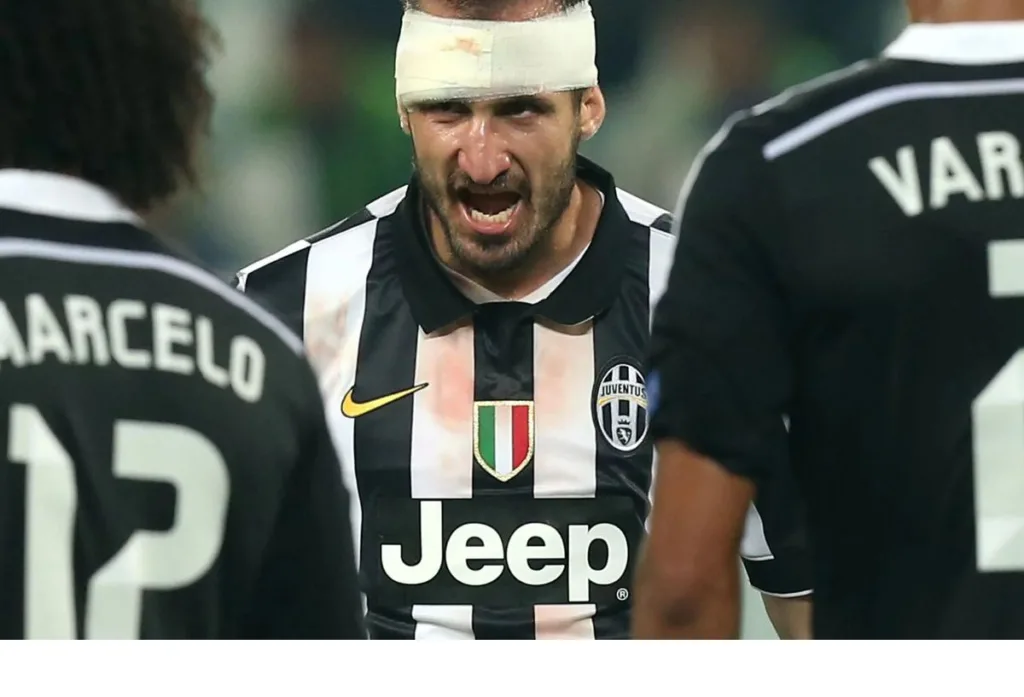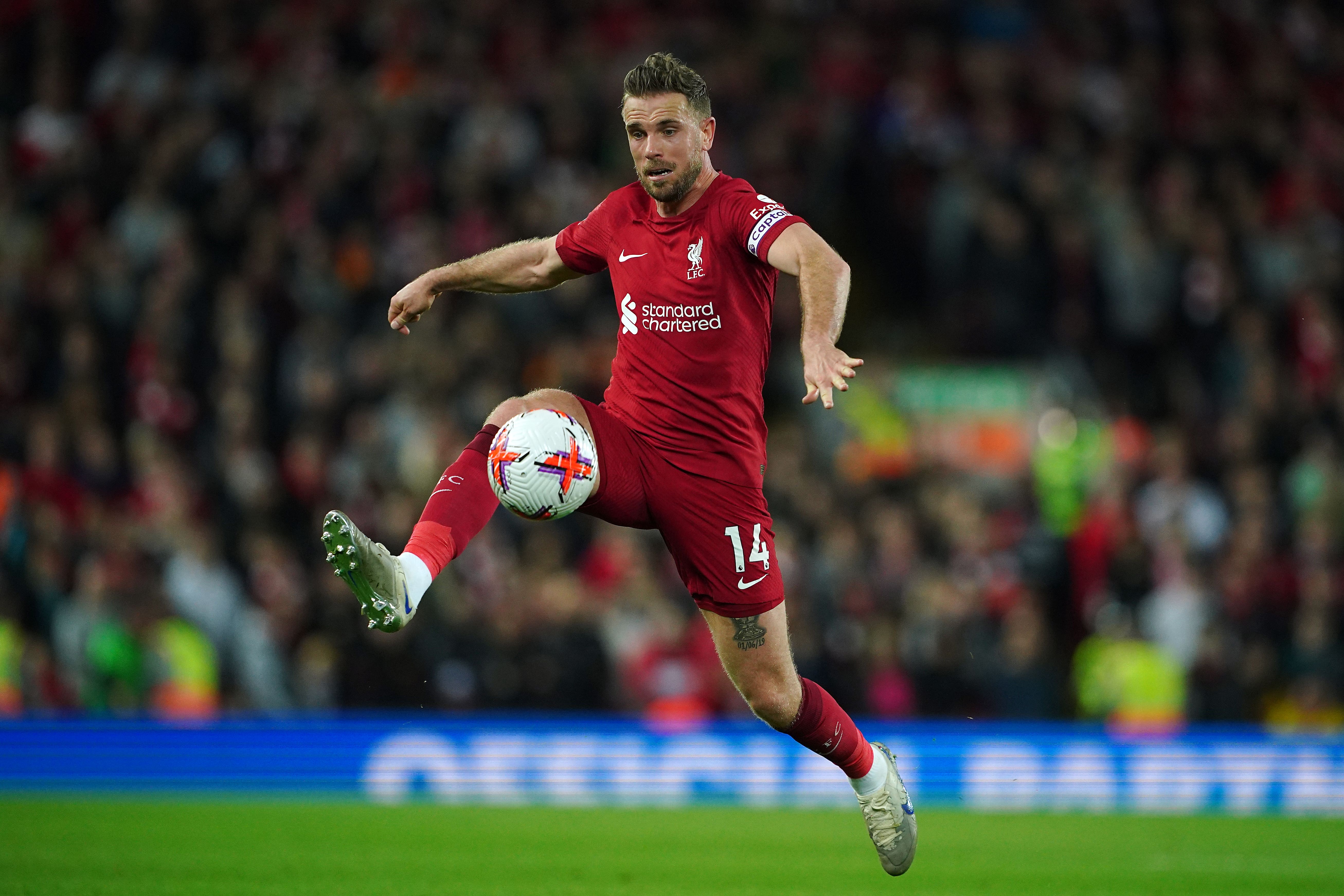Football is as much a game of chess as it is of speed and strength. The greatest matches are decided not just by muscle but by anticipation, pattern recognition, timing and decision-making — the products of keen intelligence. Below is a deep, engaging profile-driven article on the top smart football players, focusing on how their minds shaped their careers and lives off the pitch from the young age.
Top smart football players: Brains on & off the pitch
Tactical systems, spatial awareness, and split-second choices separate good pros from elite ones. Intelligence in football shows up as game reading, positional versatility, leadership, and — importantly — smart lives after the final whistle. The players profiled here combine on-field IQ with academic achievements, entrepreneurship or social impact.
Socrates
Socrates Brasileiro Sampaio de Souza Vieira de Oliveira—though for simplicity, we’ll just call him Socrates—is the perfect place to begin.
Named after the Greek philosopher, nicknamed “the Doctor,” and perhaps the most brilliant captain never to lift a World Cup, Socrates was one of football’s sharpest minds.
Remarkably, he wasn’t just intelligent on the pitch—he was a qualified medical doctor too (!). He managed to study for his degree while playing professional football, a combination that’s as unusual as it is impressive.
The 60-cap Brazilian, who sadly passed away at 57 in 2011, also spent part of his education in Ireland. For a time, Irish pop-quiz lore believed he had played for University College Dublin in the League of Ireland.
While “the Doctor” did play some football in the Emerald Isle, he didn’t, in fact, play for UCD.
Considering the state of Irish football in the 1970s, this was probably a smart and calculated move by the clever man who would soon become Brazil’s captain.
Gerard Piqué — strategist, entrepreneur, world-class reader of the game
Gerard Piqué is the archetype of a modern footballer who translated on-field intelligence into boardroom success. Often reported to have an exceptionally high IQ, Piqué combined elite defensive reading with calmness under pressure. After a glittering Barca and Spain career he studied business (ESADE is often mentioned in profiles) and co-founded Kosmos, an investment group that has reshaped how football competitions and sports media deals are structured. Piqué’s career shows how tactical awareness and strategic thinking on the pitch map directly to entrepreneurship and sports management off it.
Key takeaways: positional intelligence → leadership → business strategy.
Frank Lampard — the student who became a scoring machine and coach
Frank Lampard brought a scholar’s attention to the midfield. Cited in many sources as possessing high intellectual faculties, Lampard’s reading of space, timing of late runs and memory for patterns made him Chelsea’s all-time top scorer. His curiosity extended beyond football, studying classics and languages in his youth and later transitioning into management — another test of tactical intellect. Lampard’s pathway highlights how study and reflection sharpen instincts on the pitch and prepare players for tactical roles after retirement.
In 2009, he undertook an IQ test and scored one of the highest marks ever recorded. This is hardly surprising considering he has 11 GCSE’s including an A in Latin of all languages.
In February of 2018, the English international signed a major book deal with publisher Little Brown to write a series of children’s books.
Key takeaways: study + pattern recognition = consistent elite performance and coaching potential.
Top smart football players: Mario Balotelli — raw talent, complex intelligence
Mario Balotelli is sometimes misunderstood because of his off-field drama, yet he’s repeatedly described as having a high IQ and an incisive understanding of attacking moments. Balotelli’s case is a reminder that intelligence in football isn’t only academic — it can be instinctive, creative and disruptive. Reports also link him to academic pursuits in economics, showing the multi-dimensional intelligence some players possess.
Key takeaways: creativity and unpredictability can be forms of football intelligence.
Luka Modrić — the midfield maestro who sees the game first

Luka Modrić’s intelligence is quiet but unmistakable. His control of tempo, ability to find pockets of space and effortless transitions from defense to attack make him a textbook example of cognitive excellence applied to football. Being in the top smart football players, Modrić doesn’t just react — he anticipates, orchestrates and simplifies complexity for teammates, turning granular decisions into match-winning plays.
Key takeaways: anticipation + tempo control = domination from midfield.
Johan Cruyff — the idea that changed football
Johan Cruyff’s legacy is intellectual revolution: the “Total Football” philosophy reimagined roles, movement and space. Cruyff’s tactical creativity transformed players into thinkers, not just role-fillers. His influence still underpins modern coaching, youth development and positional play. Cruyff proved that ideas—applied consistently—change the sport’s DNA.
Key takeaways: transformative ideas outlive individual careers.
Philipp Lahm — intelligence that blends humility and versatility
Philipp Lahm embodied tactical versatility. Deployed effectively at full-back and midfield, his ability to read opponent intentions and adjust positions made him indispensable for club and country. Lahm’s football IQ was paired with leadership and a measured approach — a model for coaches and players who value adaptability over flashiness.
Key takeaways: adaptability + calm reading = elite tactical utility.
Giorgio Chiellini — scholar of defending

Giorgio Chiellini as one of the Top smart football players marries brute defending with an analytical approach. With a background that includes university studies, Chiellini reads forwards, times tackles, and provides a defensive framework that teams can organize around. His cerebral approach to marking and positioning turned him into a cornerstone of Italy’s defensive traditions.
Key takeaways: defensive intelligence is planning, anticipation and discipline.
Asisat Oshoala — intelligence with social impact
Asisat Oshoala’s game intelligence is matched by off-field clarity of purpose. A prolific forward and advocate for women’s football, she launched a foundation to support young female players and serves in advisory roles to football governing bodies. Oshoala demonstrates how football smarts can be channeled into leadership beyond sport, affecting policy, opportunity and representation.
Key takeaways: sporting intelligence + social purpose = leadership that changes communities.
Top Smart Football Players: Lessons for players, coaches and fans
- Train the mind like the body. Tactical drills, pattern recognition exercises, and film study are as critical as fitness.
- Diversity of learning matters. Language, business, and academic study sharpen cognitive flexibility.
- Leadership grows from understanding. Players who read the game can teach, manage and innovate after retiring.
- Intellect is many-faced. Creativity, anticipation, discipline, entrepreneurship and social advocacy all count as football intelligence.









